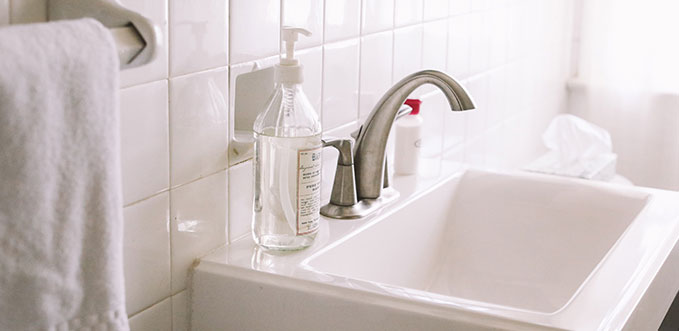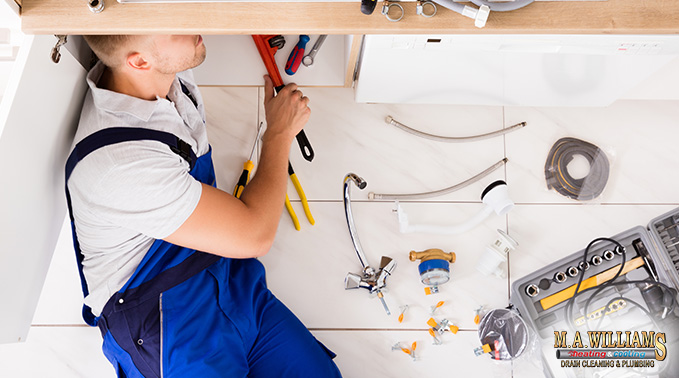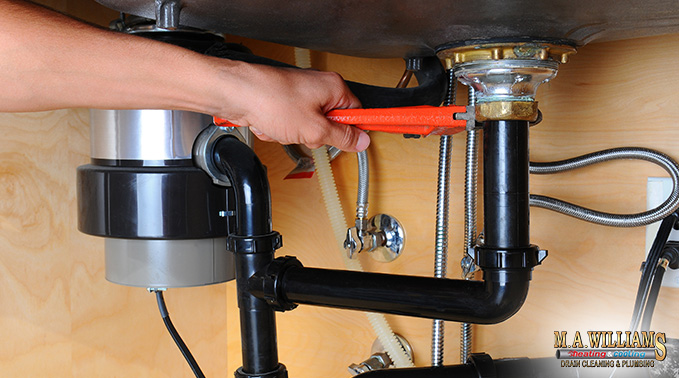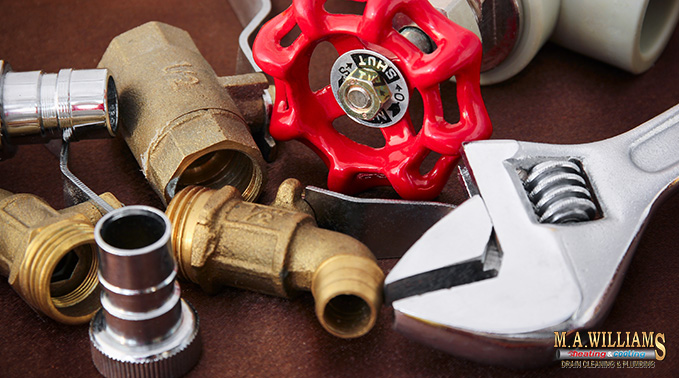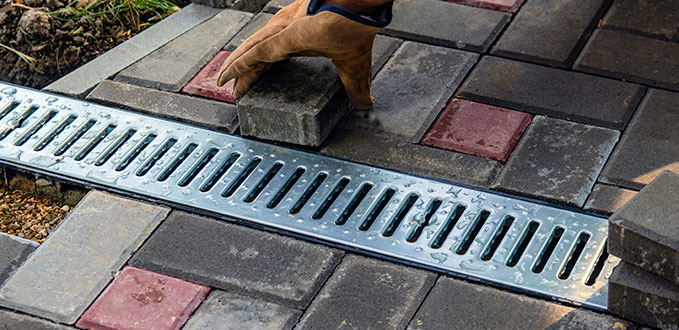
Your home consists of many systems that protect it and keep it in good condition. An example of such a system is your underground gutter drainage system. Your underground drains drive water away from your house to prevent a deteriorated foundation, flooding, and water damage—in other words, they are incredibly useful! Like any complex system, your gutters and drains need to be maintained and cleaned. However, many homeowners don’t know how they can clean their drains, particularly the hidden ones. To help you out, the pros at MA Williams have prepared a guide on how to clean your home’s underground gutter drains.
First Things First: Don’t Hesitate to Call for Help
If you don’t feel comfortable dealing with underground pipes and drainage, don’t hesitate to call for help. Get in touch with a plumber you trust to either ask for advice or assistance. They will be more than happy to help you out! You might also have to call for professional help if your drains have a more complex issue such as leaks or extreme water damage.
A Step-By-Step Guide on Cleaning Underground Drains
- Find Exit Point for Drain
Look for the exit point for your drainage system—you can either find it in your yard or driveway or at a sidewalk close to your home.
- Use an Auger
The best way to clean your underground is to check for clogs. A clogged drainage system can lead to water damage, which can be expensive and time-consuming to fix. To check for and remove a clog in your underground drainage system, insert an auger or plumbing snake into the exit point of your drain. Crank the auger handle clockwise—if it becomes hard to turn, that is because the plumbing snake has hit something. Crank the handle counterclockwise to reverse the auger as this will clear the debris from the drain.
- Flush Water Through the Drain
Flush water throughout your drain and see if water flows past the exit point—this indicates a cleansed drain.
When to Clean Your Drain?
Different sources have all kinds of recommendations about when you should clean your drain. You can either go bi-monthly or monthly, it is up to you. If you aren’t sure, ask a plumber you trust to make a suggestion. However, don’t wait till you get a clogged drainage system to clean your drains, although this is common for a lot of homeowners. By waiting, you will simply end up stressing yourself out and might have no other choice but to spend some money on hiring a professional.
Still unsure how you can clean your underground water drains? Get in touch with the pros at MA Williams! Our team of expert plumbers will be more than happy to help you out.
Call us today at 804-684-8300 or schedule a service with us on our website. We are looking forward to hearing from you!


